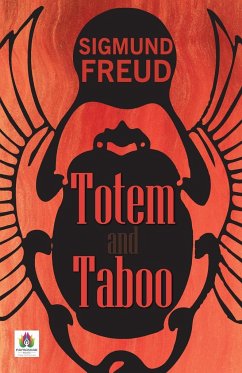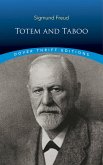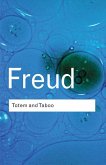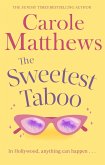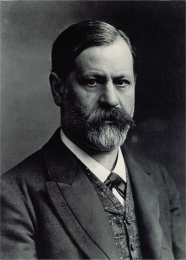Totem and Taboo: Resemblances Between the Mental Lives of Savages and Neurotics, or Totem and Taboo: Some Points of Agreement between the Mental Lives of Savages and Neurotics, is a 1913 book by Sigmund Freud, the founder of psychoanalysis, in which the author applies his work to the fields of archaeology, anthropology, and the study of religion. It is a collection of four essays inspired by the work of Wilhelm Wundt and Carl Jung and first published in the journal Imago (1912-13): ""The Horror of Incest"", ""Taboo and Emotional Ambivalence"", ""Animism, Magic and the Omnipotence of Thoughts"", and ""The Return of Totemism in Childhood"". Though Totem and Taboo has been seen as one of the classics of anthropology, comparable to Edward Burnett Tylor's Primitive Culture (1871) and Sir James George Frazer's The Golden Bough (1890), the work is now hotly debated by anthropologists. The cultural anthropologist Alfred L. Kroeber was an early critic of Totem and Taboo, publishing a critique of the work in 1920. Some authors have seen redeeming value in the work.
Hinweis: Dieser Artikel kann nur an eine deutsche Lieferadresse ausgeliefert werden.
Hinweis: Dieser Artikel kann nur an eine deutsche Lieferadresse ausgeliefert werden.

